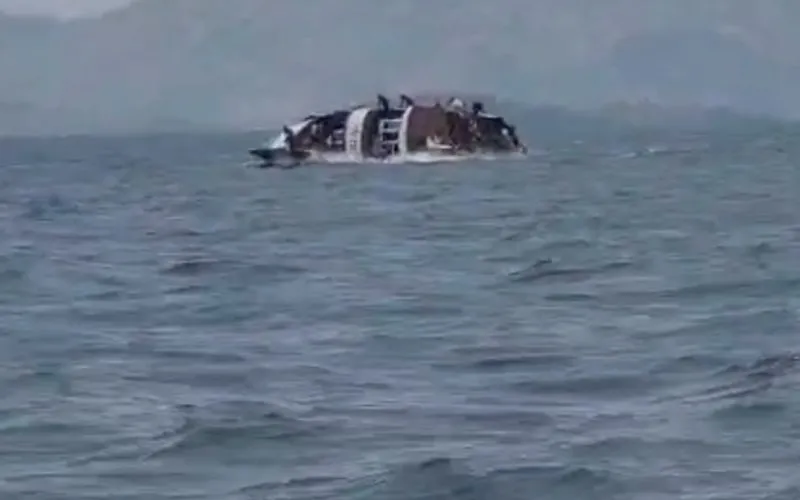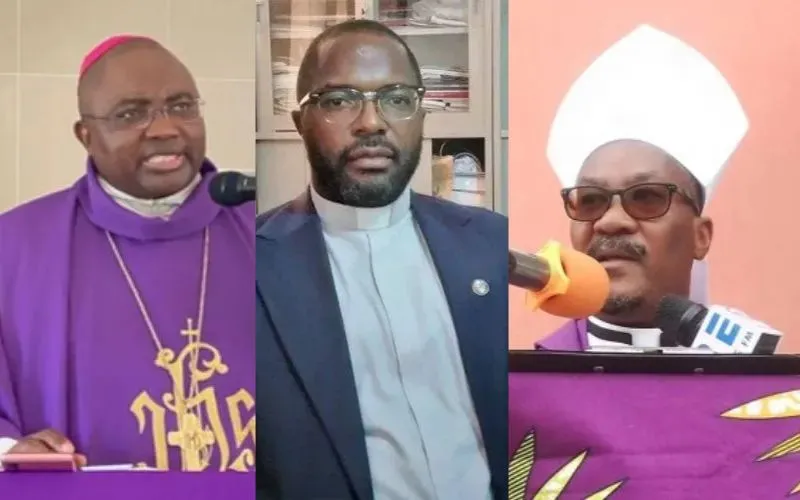Kinshasa, 04 October, 2024 / 10:18 pm (ACI Africa).
The death of dozens after the boat they were traveling in capsized on Lake Kivu in the Democratic Republic of Congo is a tragedy that adds to the challenging situation the people of God are experiencing, a Catholic official in the Central African nation has said.
On Thursday, October 3, at least 78 people are known to have drowned when the boat that was carrying 278 passengers capsized in Lake Kivu in Eastern DRC, Reuters reported about the vessel that was travelling from the township of Minova in South Kivu and sank as it was arriving on the shore of Goma.
In the Reuter’s report about the region that is covered by DRC’s Catholic Diocese of Goma, the Governor of South Kivu Province, Jean Jacques Purisi, has been quoted as saying, “It'll take at least three days to get the exact numbers because not all the bodies have been found yet.”
In a Friday, October 4 interview with ACI Africa, Nelson Mantama, the officer in charge of communications at the Catholic Youth Centre of Goma Diocese described the boat capsize as “deeply” saddening and called on the government to take measures that ensures the safety of travellers in the country.
“We are deeply saddened by the loss of life, and we urge the government to take stronger action to enforce safety regulations and protect its citizens,” Mr. Mantama said.








